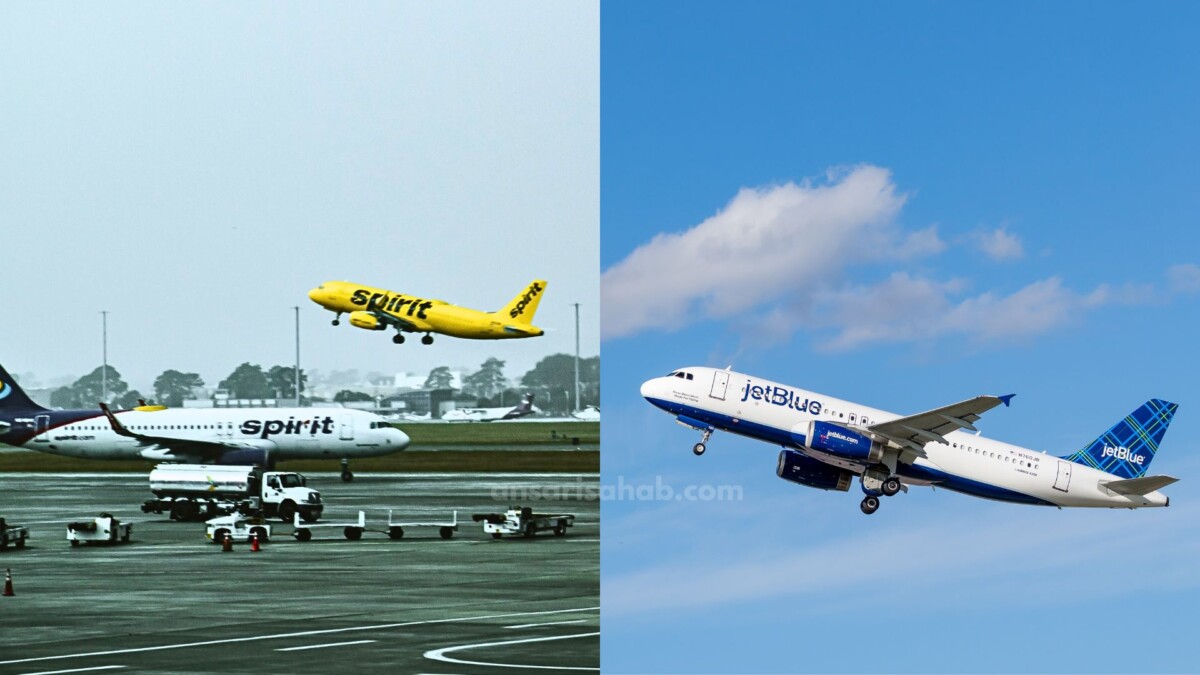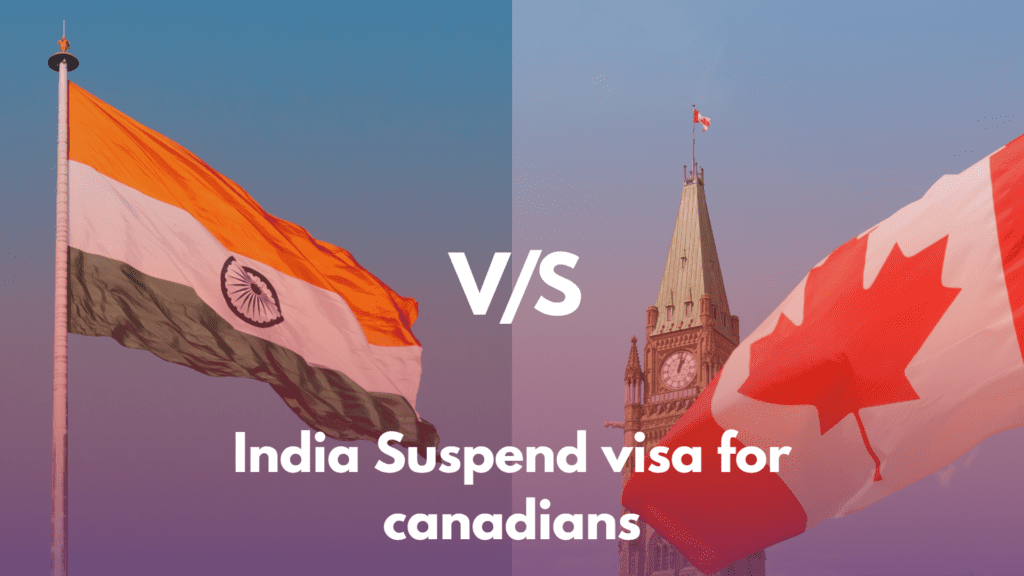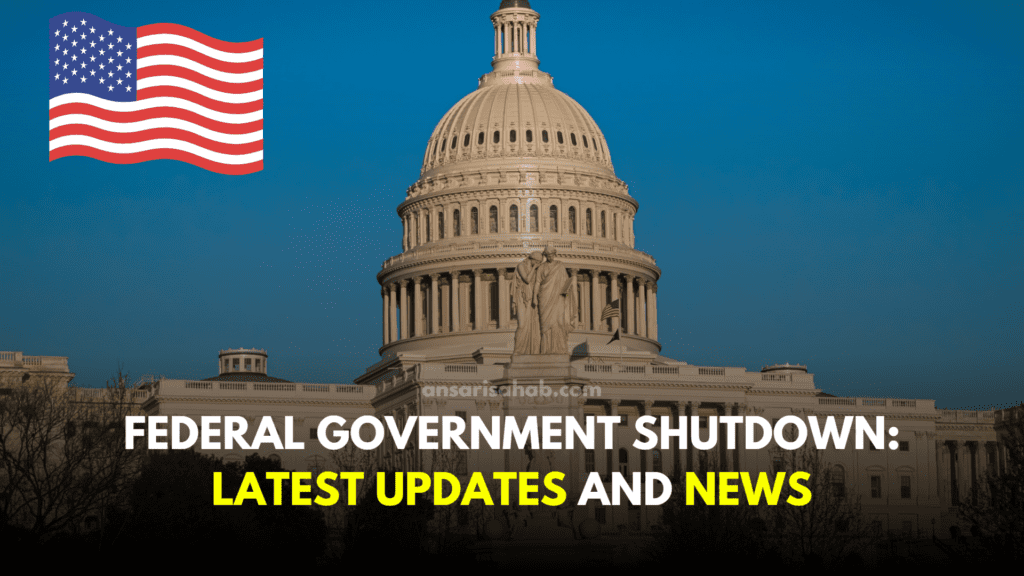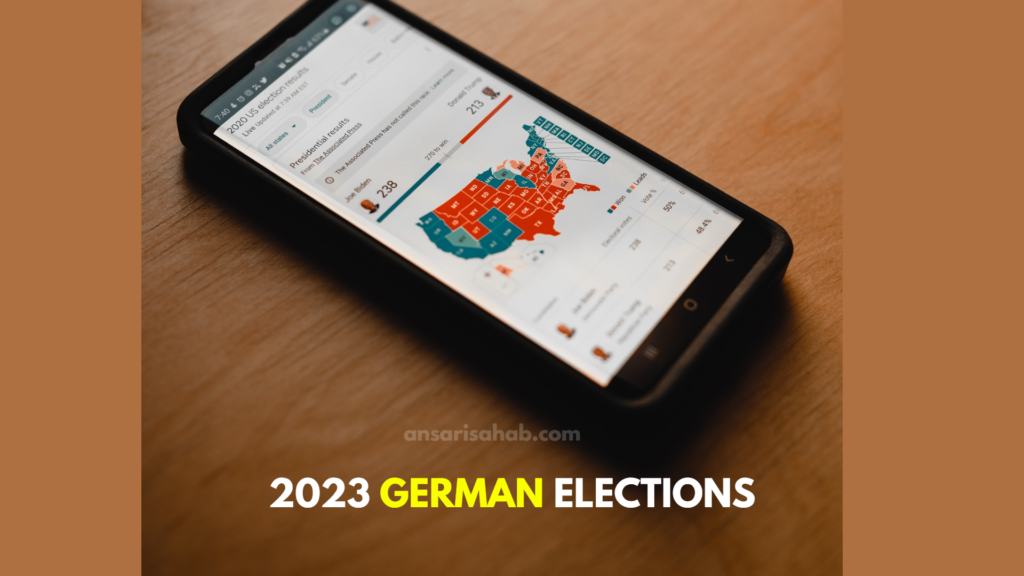The proposed $3.8 billion merger between JetBlue Airways and Spirit Airlines has become a focal point of heated debates and legal scrutiny since its announcement in July 2022. This potential union, creating the fifth-largest airline in the United States, has faced significant opposition from antitrust regulators and consumer groups concerned about its impact on competition and airfares.
Background:
JetBlue, recognized for its low-cost model with a focus on customer experience, proposed the acquisition of Spirit Airlines, an ultra-low-cost carrier known for its no-frills approach to air travel.
Arguments For and Against the Merger:
JetBlue contends that the merger would spawn a more competitive airline with an extensive network and reduced fares. The company asserts that the combined entity would be better equipped to rival industry giants like American Airlines, Delta Air Lines, and United Airlines. Additionally, JetBlue highlights potential cost savings resulting from the merger, with the intent of passing these savings on to consumers.
However, the Department of Justice (DOJ) and consumer groups argue that the merger could lead to higher fares and diminished competition. They stress that JetBlue and Spirit operate on similar routes, and merging them would eliminate a crucial source of competition. Concerns also revolve around the possibility of JetBlue exploiting its newfound dominance to increase fares in markets with minimal competition.
Antitrust Trial and Judge’s Decision:
A protracted antitrust trial unfolded in Boston, where the DOJ and the airlines presented their cases to Judge Ann M. Donnelly. On December 5, 2023, Judge Donnelly rendered her decision, greenlighting the merger under the condition that JetBlue divests 16 gates and related takeoff and landing slots at four major airports.
Suggested: Alaska Airlines Takes Flight: Major Acquisition of Hawaiian Airlines for $1.9 Billion
What’s Next for the Merger:
While Judge Donnelly’s decision marks a significant victory for JetBlue, the legal saga is far from over. The DOJ has expressed intentions to consider an appeal, and regulatory approvals from the Federal Aviation Administration (FAA) and the Department of Transportation (DOT) are still pending.
Potential Impact on Consumers:
The implications of the merger on consumers remain uncertain. JetBlue optimistically claims that the merger will lead to lower fares and increased choices for passengers. Conversely, the DOJ and consumer groups express apprehension that the merger might result in higher fares and reduced competition.
Additional Considerations:
- The merged airline would become the fifth-largest in the United States, boasting a fleet of over 400 aircraft and a network spanning more than 140 destinations.
- A significant presence in the Northeast and Caribbean would position the merged airline with a competitive edge against other carriers.
- JetBlue commits to investing in Spirit’s workforce and infrastructure if the merger gains final approval.
- Regulatory approvals are still pending from the FAA, DOT, and potentially other regulatory bodies.
Conclusion:
The proposed JetBlue-Spirit merger is a complex issue with far-reaching implications for the airline industry and consumers alike. While Judge Donnelly’s decision is a positive development for JetBlue, the legal and regulatory hurdles are not yet cleared. The ultimate impact on consumers and the airline industry remains uncertain, and only time will unveil the true ramifications of this potential union.









